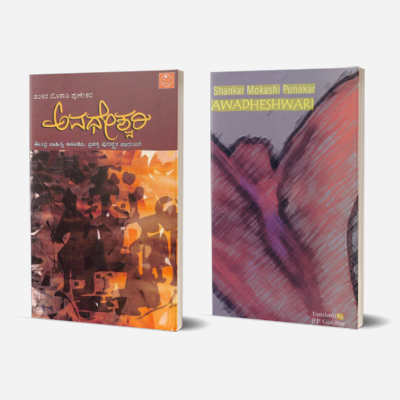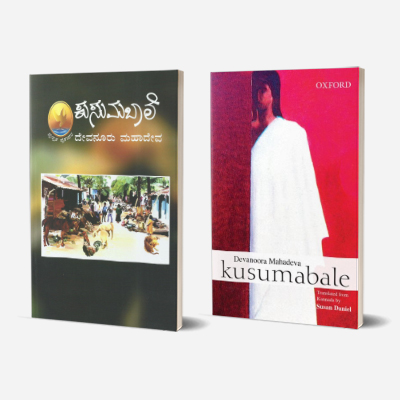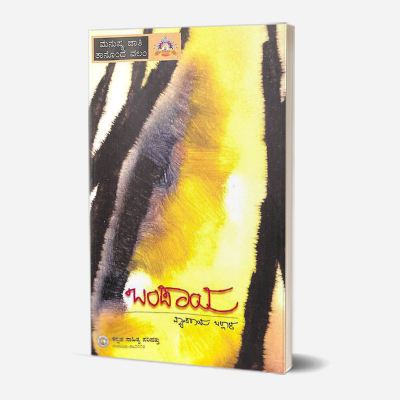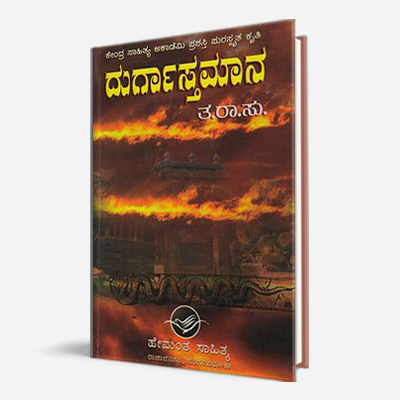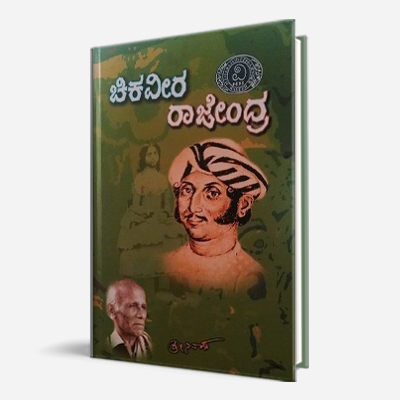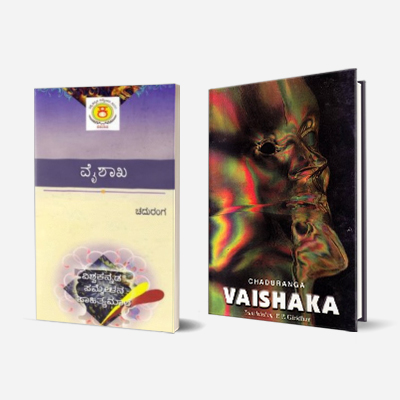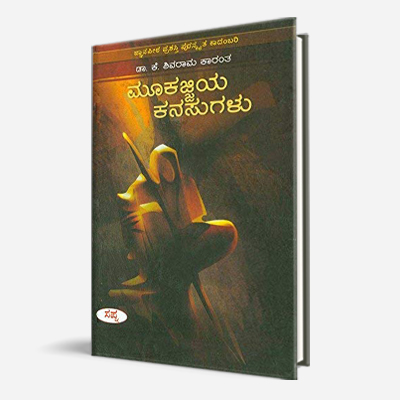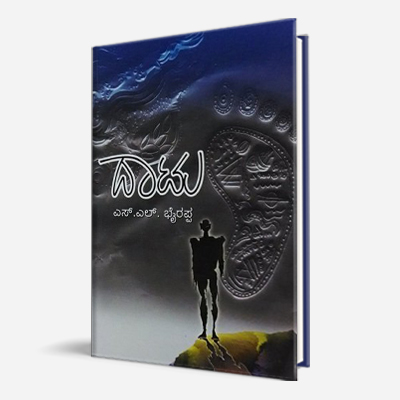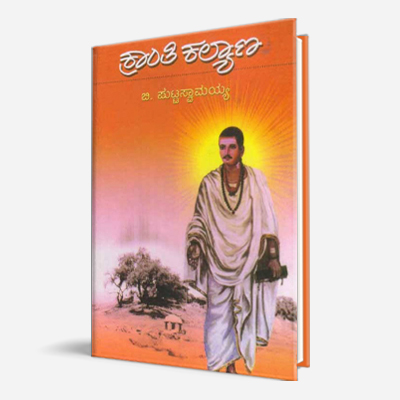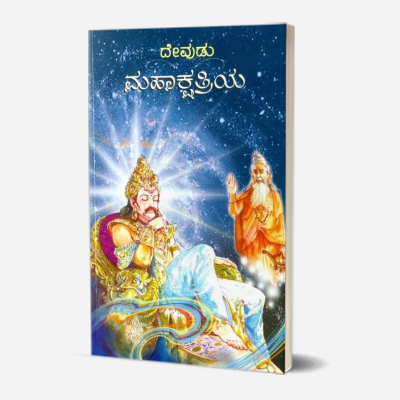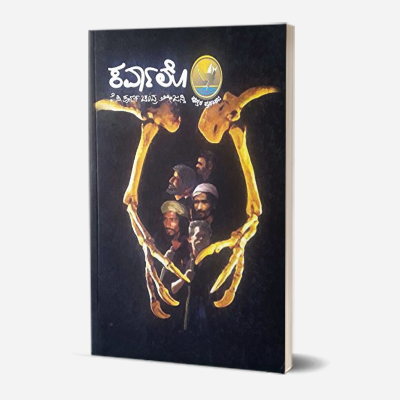Durgaasthamaana
By T.R. Subba Rao
Durgaasthamaana is a 1982 historical novel that charts the downfall of the Nayakas of Chitradurga, a dynasty that ruled there for two centuries. The story follows the epic battle between Madakari Nayaka and Hyder Ali of Mysore in 1779, as the latter lays siege to the fort, and the events and political intrigues leading up to it. Released to much acclaim and popular reception, it is considered a classic of Kannada literature. It received the Sahitya Akademi Award in 1985.
About the Author
T.R. Subba Rao, popularly known as Ta. Ra. Su., was a novelist and a scholar in Kannada language. He is considered as a harbinger of the Navya movement of Kannada literature. Ta. Ra. Su. experimented with various narrative styles and was the first author to introduce the stream-of-consciousness literary technique in Kannada. He also used the Indian independence movement as a background in his novels, like Rakta Tarpana. He is well known for his novels like Durgaasthamaana which won him the Sahitya Akademi award posthumously in 1985.
Chikkaveera Rajendra
By Masti Venkatesha Iyengar
Chikkaveera Rajendra is a historical novel, which is a study of a kingdom in decline. It is based on the last king of Kodagu, the notorious Chikkaveera Rajendra. This book is widely noted for its balanced handling of the subject; it neither comprises a litany of the supposed misdeeds of the protagonist, nor emerges as a tract against the British. The book is redolent with the culture and ethos of its milieu, being Kodagu in the mid-19th century. It received the Jnanpith Award in 1983.
About the Author
Masti Venkatesha Iyengar wrote under the pen name Srinivasa. He belonged to the generation which shaped the Renaissance in Kannada. He was honoured with the title Rajasevasakta by then Maharaja of Mysore Nalvadi Krishnaraja Wadeyar. Poet, dramatist and critic, he is regarded as the father of the Kannada short story. He was the fourth among Kannada writers to be honoured with the Jnanpith Award, the highest literary honor conferred in India.
Vaishaka
By Chaduranga
Translated into English by P.P. Giridhar
The author presents a variety of men-women relationships but it is not a novel about sex or love. Its central focus is on the growth in the consciousness of a young Dalit called Lakka and his struggle to regain his lost innocence in a corrupt environment. Vaishakha is highly experimental in its use of fictional technique and language, which also imbibed the spirit of the literature of protest born as reaction to the Navya movement. The total perspective of the novel is larger than Lakka’s consciousness. This perspective includes a carefully constructed outer reality and enables the novelist to overcome the dangers which lyrical novels usually face. In its blending of complexity of detail and vitality of theme, in its delightfully graphic description of rural Karnataka and finally in its suggestion that there is a way out of the all-encompassing claustrophobia of caste, it is a contribution to both Kannada and Indian literature. It received the Sahitya Akademi Award in 1982.
About the Author
Chaduranga, which is the pen name of M. Subramanya Raje Urs (1916-1988), was a stalwart of the Progressive Movement in Kannada literature. Novelist, short-story writer, dramatist and filmmaker, Chaduranga wrote eight collections of short stories, three plays and four novels. Recipient of both the Karnatake State Sahitya Akademi and the Central Sahitya Akademi Award, Chaduranga was a widely respected figure in the cultural scene of Karnataka who also carved a niche for himself in the history of modern Kannada novels.
